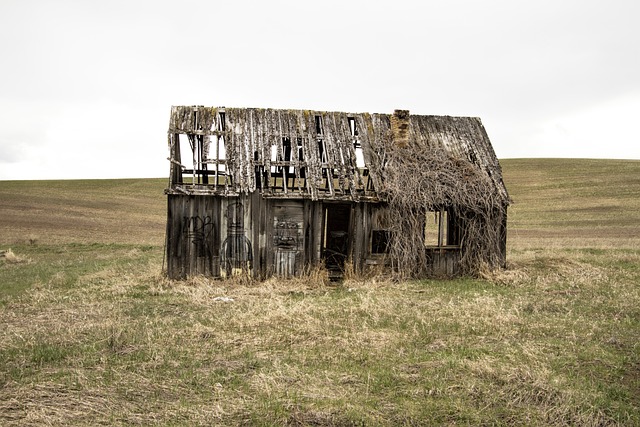Selling a fire-damaged home in California is governed by strict disclosure laws designed to protect buyers and ensure transparency. Sellers must disclose any known hazards or damage caused by fires, including details about the incident, extent of damage, year it occurred, and all subsequent repairs. Failure to comply with these rules can result in legal repercussions, including fines and potential lawsuits. Proper disclosure fosters trust between parties and facilitates smooth transactions for fire-damaged properties within the state. Key SEO keywords: sell fire damaged house California.
In California, understanding and adhering to strict fire disclosure rules is paramount when selling a property. This comprehensive guide navigates the intricacies of selling a fire-damaged home within the state’s legal framework. From recognizing disclosure obligations to documenting fire damage, sellers must ensure transparency for potential buyers. We explore fair practices, legal implications of non-disclosure, and essential steps to mitigate risks during the sale process, ensuring both compliance and consumer protection in the vibrant California real estate market.
- Understanding California's Fire Disclosure Laws
- When and How to Disclose Fire Damage to Buyers
- Responsibilities of Sellers in California for Fire-Damaged Properties
- Legal Implications of Non-Disclosure: Rights and Penalties
- Documenting Fire Damage: What Needs to Be Revealed
- Fair Practices: Selling a Fire-Damaged Home in California
Understanding California's Fire Disclosure Laws
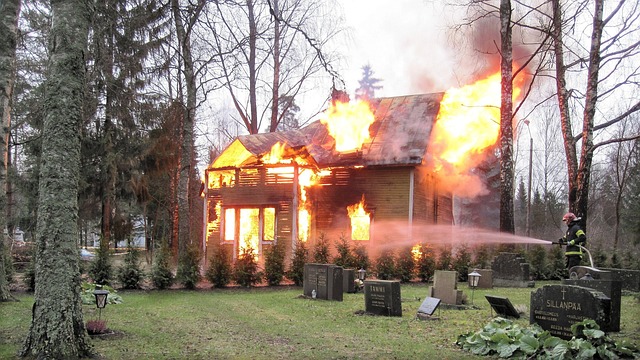
In California, selling a fire-damaged property involves adhering to specific disclosure laws designed to protect buyers and ensure transparency. These rules are particularly important when it comes to selling fire damaged house California. Sellers must disclose any known hazards or damage caused by fires, even if they believe the property has been adequately restored. This includes providing detailed information about the extent of the fire damage, the year it occurred, and all repairs made since.
California’s disclosure laws aim to prevent buyers from facing unexpected issues post-purchase. Sellers are required to fill out a standard disclosure form, listing any known defects or hazards, including those related to fires. This process helps sell fire damaged house California while being honest about the property’s history, thus fostering trust between sellers and buyers.
When and How to Disclose Fire Damage to Buyers
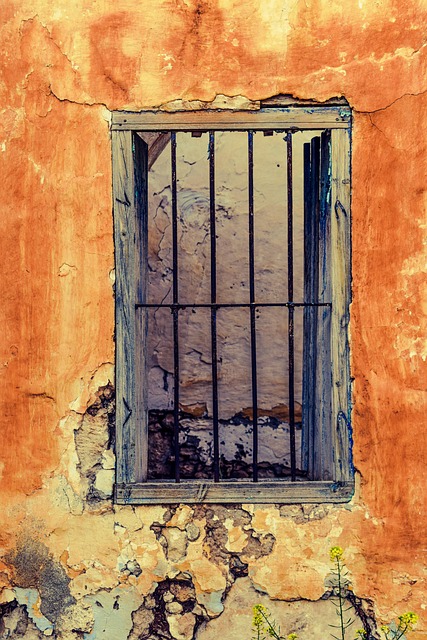
When selling a fire-damaged home in California, disclosing this information to potential buyers is crucial for transparency and legal compliance. According to the state’s disclosure laws, sellers must reveal any known material defects or hazards on the property, including damage caused by fires. This process ensures that buyers are fully informed about the current condition of the house and its potential implications.
Buyers should be notified as soon as possible after they express interest in purchasing a fire-damaged property. Sellers can disclose this information through a written report detailing the extent of the damage, any repairs carried out, and whether the home has been inspected for safety and habitability. It’s essential to provide accurate and up-to-date information to avoid misleading buyers, ensuring a smooth transaction process for selling fire damaged houses in California.
Responsibilities of Sellers in California for Fire-Damaged Properties
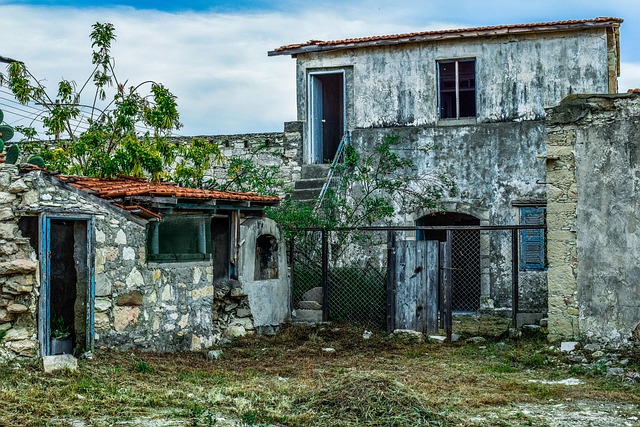
In California, sellers have a legal responsibility to disclose any significant issues with a property, including fire damage, to potential buyers. If a home has been affected by a fire, the seller must provide detailed information about the extent of the damage and any ongoing repairs or remediation efforts. This transparency is crucial for ensuring that prospective purchasers make informed decisions when buying a home, especially in light of the state’s strict real estate disclosure laws.
When selling a fire-damaged house in California, sellers are obligated to disclose relevant facts such as the date and cause of the fire, the extent of structural damage, and any ongoing or planned remediation work. They must also make available any reports or documents related to the incident, including inspection records and insurance assessments. Compliance with these disclosure rules is essential to avoid legal repercussions and maintain the integrity of the real estate transaction process.
Legal Implications of Non-Disclosure: Rights and Penalties
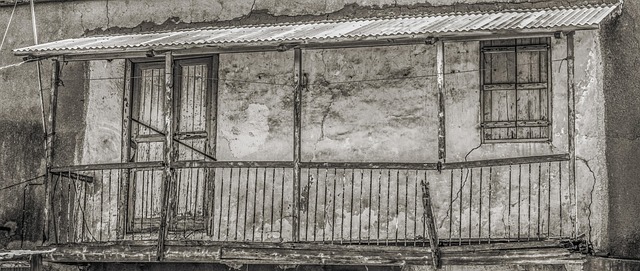
When it comes to selling a fire-damaged home in California, non-disclosure can have significant legal implications. Homeowners are legally obligated to disclose any material defects or damage that could affect the property’s value or safety. Omitting this information can lead to various consequences, including financial penalties and legal liability. If a buyer discovers undisclosed fire damage after purchasing the property, they may have grounds for litigation, seeking compensation for repair costs, reduced property value, and other associated expenses.
California law protects buyers’ rights by ensuring transparency in real estate transactions. Non-compliance with disclosure rules can result in civil lawsuits and fines. Sellers who intentionally mislead potential buyers about fire damage or other significant issues may face severe repercussions, especially if it leads to unsafe living conditions or financial loss for the buyer. It’s crucial to understand these legal obligations to avoid disputes and ensure a smooth sale when dealing with fire-damaged properties in California.
Documenting Fire Damage: What Needs to Be Revealed

When selling a fire-damaged home in California, it’s crucial to disclose all relevant information regarding the incident and its aftermath. This includes providing a detailed account of the fire damage, such as the extent of the damage to structural elements, walls, ceilings, floors, and any personal belongings affected. Sellers must also reveal if there was smoke or water damage and document any repairs or renovations made post-fire.
The California Fire Disclosure Law requires sellers to disclose known facts about fires that have occurred at the property within the past 72 hours. This transparency ensures potential buyers are fully informed, enabling them to make educated decisions regarding their offer on the property, especially when considering the costs of repairs or potential insurance claims. Proper documentation can also help speed up the selling process for fire-damaged homes in California.
Fair Practices: Selling a Fire-Damaged Home in California
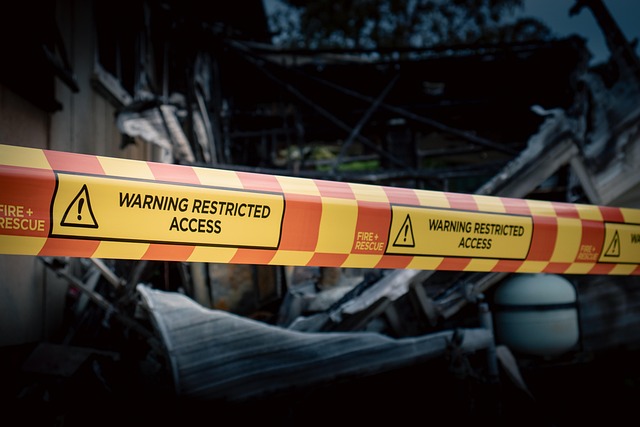
When selling a fire-damaged home in California, it’s crucial to understand fair practices and disclosure rules. According to state laws, potential buyers have the right to know if a property has experienced significant damage from fires or other disasters. Sellers must disclose any known issues related to fire damage, including the extent of the harm and any repairs undertaken. Failure to do so could lead to legal repercussions.
To sell a fire-damaged house in California, honest and transparent communication is key. Sellers should provide detailed information about the incident, its impact on the structure, and the steps taken to mitigate the damage. This not only ensures compliance with disclosure rules but also helps buyers make informed decisions. It’s advisable to involve professionals who specialize in repairing fire damage to assess and certify that the property meets safety standards before placing it on the market.
Selling a fire-damaged home in California requires adherence to strict disclosure rules. Understanding these laws, including when and how to disclose damage, the seller’s responsibilities, and legal implications of non-disclosure, is crucial for a smooth transaction. Proper documentation of fire damage and fair practices can help buyers make informed decisions while ensuring compliance with California’s fire disclosure regulations. By following these guidelines, both parties can navigate the process successfully, fostering trust and transparency in the sale of fire-damaged properties.





